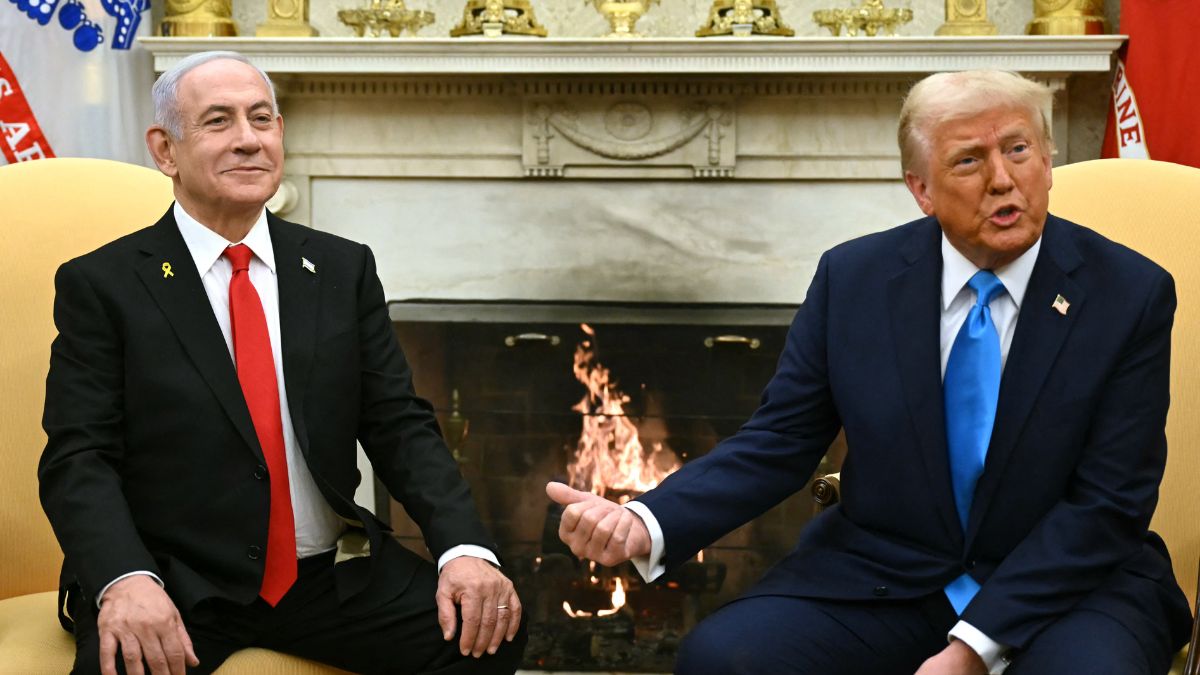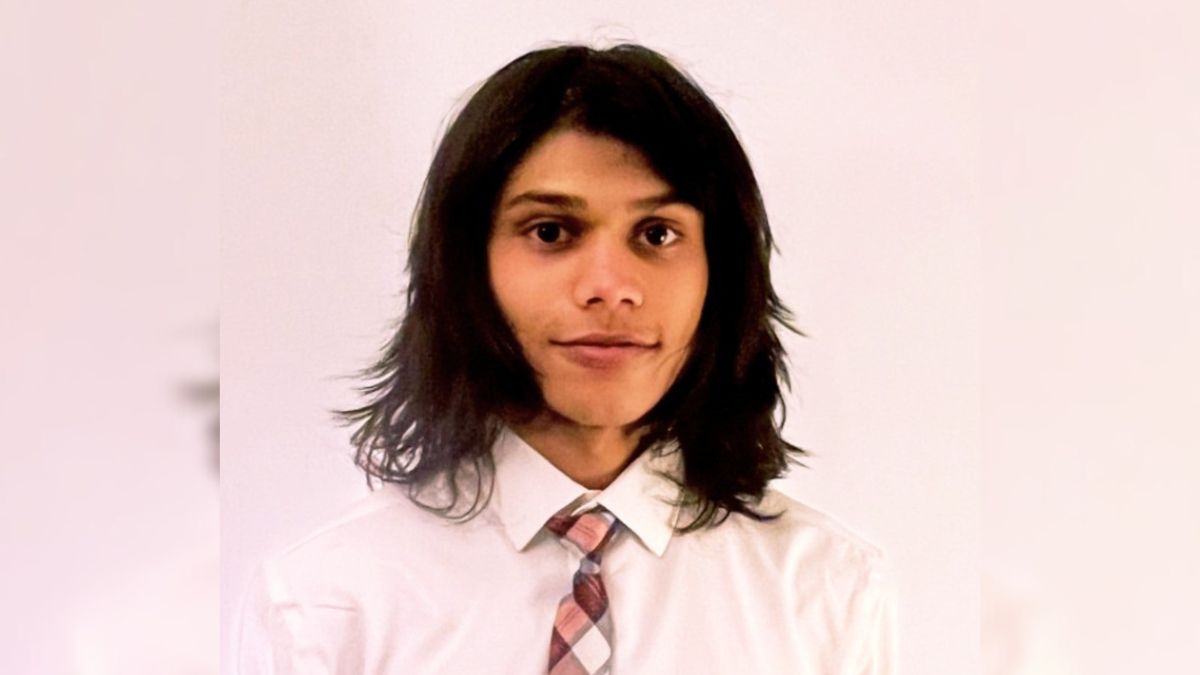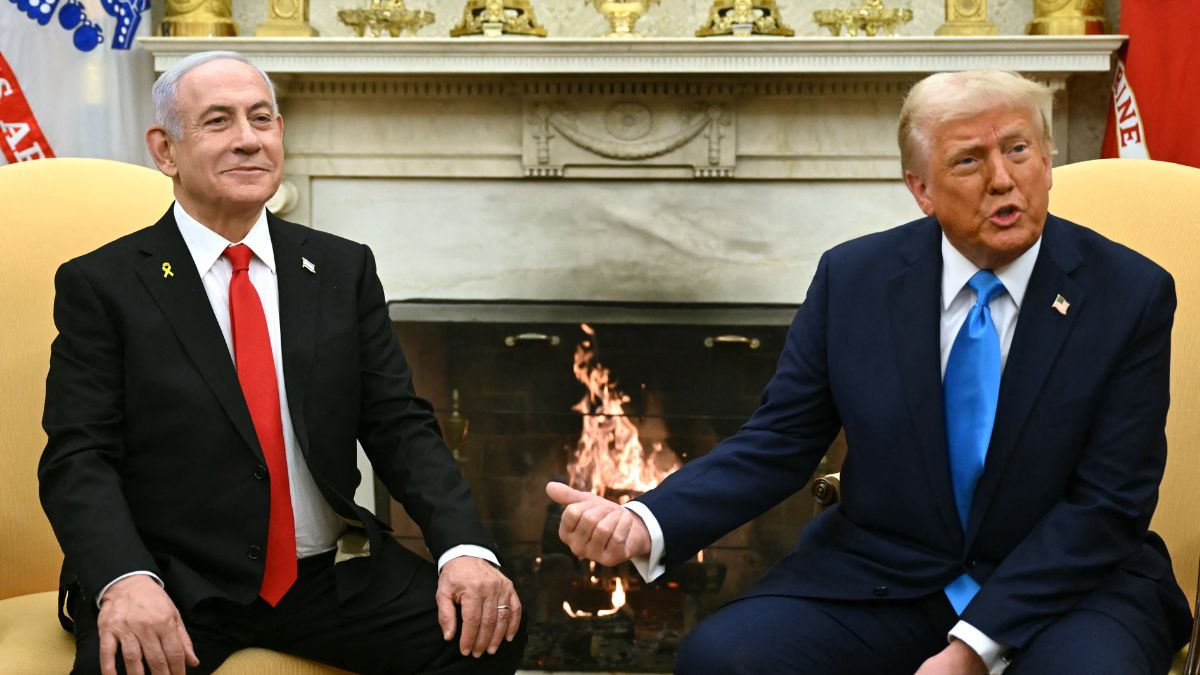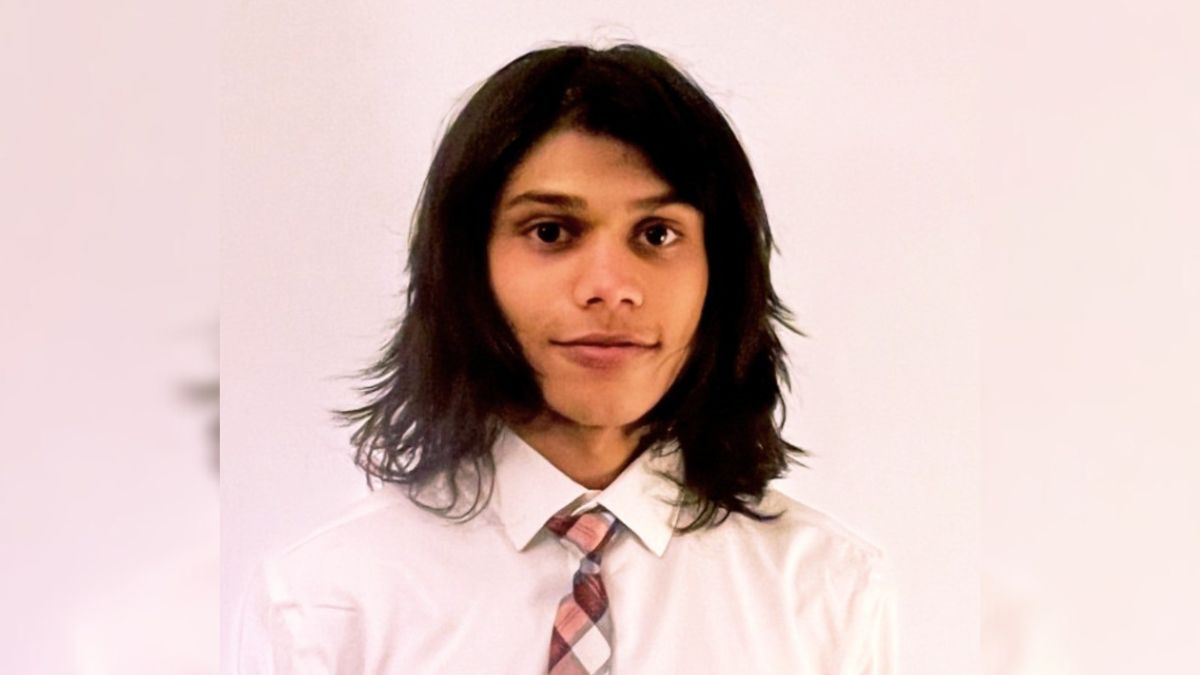In the coming Canadian general elections, the biggest factor does not appear to be the economy or ideological tussle, but US President Donald Trump.
In the first debate between rival prime ministerial candidates on Wednesday, Mark Carney of the Liberal Party and Pierre Poilievre of the Conservative Party, the biggest question was this: Who is going to face Donald Trump as the Prime Minister of Canada?
Canada is going to polls on April 28. In a sharp turnaround within weeks, the Liberals now appear set to win their fourth straight term as they are ahead of Conservatives in polls. Just in January, they were staring at a landslide victory of Conservatives with a margin of more than 20 per cent votes.
Since Trump won the 2024 elections, he has unleashed economic and territorial aggression on Canada. He has imposed steep tariffs on Canada and has vowed to annex the country and make it the 51st US state. The economic pressure is seen as a tactic to bring the country to its knees to make territorial subjugation easier. Standing up to Trump has therefore become central to the election campaign and Liberals’ messaging has apparently resonated with Canadians.
Trump remains ’elephant in the room’ in Canadian elections
Summing the mood in the country, the debate’s moderator, journalist Patrice Roy, said that the elections had been “hijacked by Trump” and he remained the “elephant in the room”.
Besides Carney and Poilievre, Bloc Quebecois leader Yves-Francois Blanchet and New Democratic Party (NDP) leader Jagmeet Singh were also part of the debate. The debate was held in French.
Poilievre accused the Liberals of weakening the economy over their decadelong rule and making Canada more vulnerable to economic threats. He said that Carney, the incumbent caretaker prime minister, was the same as Trudeau, the longtime prime minister who resigned in January amid deep unpopularity emerging out socioeconomic crisis in the country.
On his part, Carney said that Trudeau was not on the ballot: “Mr Poilievre is not Justin Trudeau. I’m not Justin Trudeau either. In this election the question is who is going to face Mr Trump.”
Following the debate, Carney further distanced himself from Trudeau: “One of the differences, there are many, but one of the differences between the two of us is that I put much more emphasis on the economy, on growing the economy. In fact in this circumstance that we are in, given the scale of the crisis, I would say relentless focus on growing the economy.”
In response to Carney’s pitch to deal with Trump, BQ leader Blanchet said he had little political experience and he was good to negotiate business deals with tax havens but not with Trump. It was in response to Carney using his credentials as a banker to stress that he was the best to manage the trade war.
NDP’s Singh slammed both Carney and Poilievre. He said both mainstream leaders would benefit “cut taxes for millionaires and billionaires”.
Carney & Poilievre spar in debate
Besides Trump, Canada’s housing and cost-of-living crises also featured in the debate.
To address the housing crisis, Poilievre vowed to cut taxes and red tape that he said have prevented the construction of more homes.
“We don’t need more bureaucracy, we need more front doors,” said Poilievre.
However, the two leaders found common ground on energy and immigration. They said that the country needed to ramp up oil and gas production and must look at the country’s capacity to integrate immigrants.
Liberals appear set to win
As per the latest polls, the Liberals appear set to win the coming elections. This is a sharp shift from the reality in January.
On January 7, the Conservatives polled at 46 per cent and had a massive 26 per cent lead over Liberals.
As of this week, however, the Liberals are polling at 45 per cent and have a lead of 8 per cent over Conservatives, according to a Nanos Research survey.
As things stand today, the Liberals could win up to 191 seats compared to Conservatives’ 123, according to the election news analysis portal 338 Canada.
The majority-mark is 172 in the Canadian elections.


)
)
)
)
)
)
)
)
)